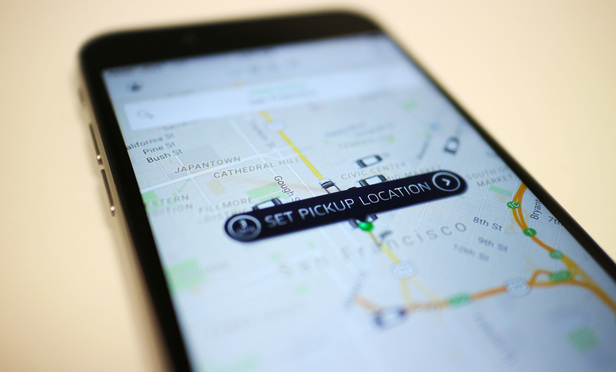As a plaintiff’s attorney, would it surprise you to learn that your client’s auto case might actually be a zero threshold? As a defense attorney, would it make your carrier pleased to learn that their insured’s coverage is actually secondary to a $1 million primary policy? Well, you may have never heard of some of the largest taxi services in New Jersey, until now.
Over the past few years, the rate of New Jerseyans with smartphones has skyrocketed, bringing with it a slew of new location-based Internet services. One category is so-called “ride sharing” apps, which allow anyone with an iPhone or Android device to request a ride within seconds based upon location information provided to the service directly from their phone. The major difference from a traditional taxi is that the drivers using these services to find passengers primarily use their own private passenger vehicles, instead of a registered company taxicab. Two of the largest transportation network companies (TNC), Uber and Lyft, are recording tremendous demand and are poised to change the way the bar must practice in analyzing and assessing personal injury cases.



